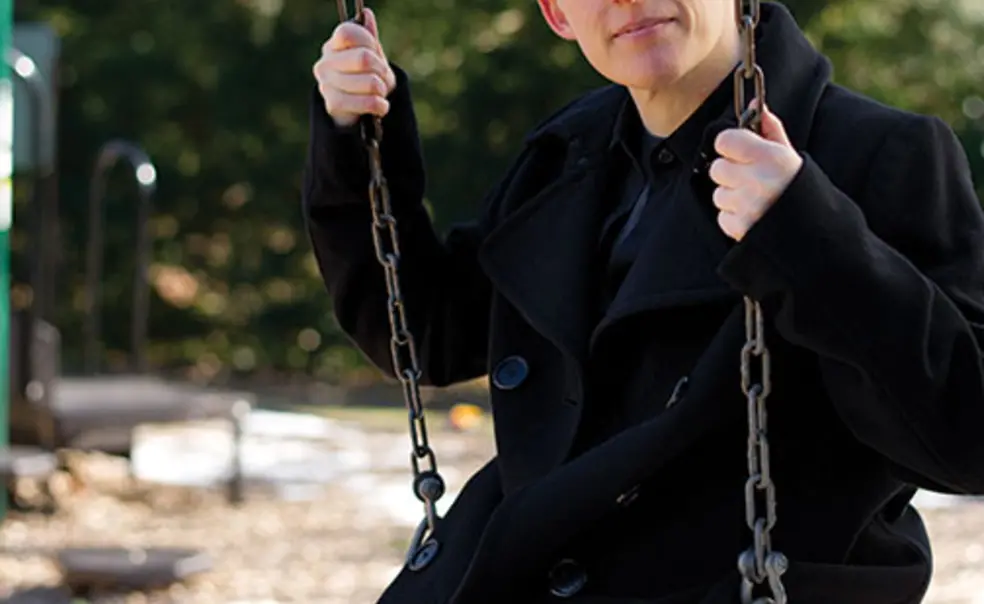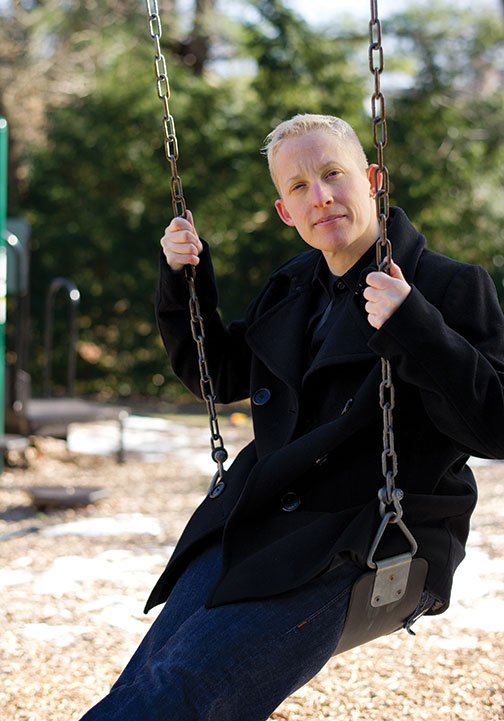Sociology: Understanding Gender
Tey Meadow studies parents who advocate for their transgender children
As recently as 20 years ago, a boy who wanted to play only with girls’ toys or wear dresses may have been sent for psychological counseling. But today, more parents not only are supporting their children’s choices to identify with another gender, they are demanding that schools create gender-neutral bathrooms and that official documents reflect a child’s chosen gender.
Sociology professor Tey Meadow is studying the first generation of parents to openly support and advocate for their gender-nonconforming and transgender children, a subject on which little research has been conducted. Over the last seven years, she has interviewed more than 60 families across the country with children between 4 and 18, to examine evolving conceptions of gender.
Until recently, Meadow argues, there was no language with which to discuss publicly what it means to be a transgender child. While many transgender adults describe experiencing strong feelings about their gender during childhood, there were few opportunities to express such feelings. Today, parents are recognizing those feelings in their children and making space for their expression, Meadow says. Her research will be gathered in her upcoming book, Raising the Transgender Child: Being Male or Female in the Twenty-First Century.
Meadow focuses her research on families that support their child’s exploration of gender identity. Not all families are supportive, but many more are than in previous generations, she says. (No figures are available on how many families react positively to children in this situation.) She examines the way those families work to understand gender in new ways and bring those insights to institutions with which their children interact.
The process for these families often is difficult. Most “labored internally for some time to comprehend why their child’s internal emotional life falls so at odds with the role they seemed destined to fill,” Meadow wrote in 2011. In one family, the parents described their child’s troubled childhood, which was plagued by frequent tantrums and violent outbursts. The child, male at birth, repeatedly rejected boys’ clothing and begged for female accessories. Once the child was permitted to attend a family vacation dressed as a girl, the parents witnessed a dramatic improvement, as recounted by the mother: “You could just tell a load had been lifted off her shoulders and she was just free.”
Observing how transgender children develop an understanding of their gender, Meadow believes, can provide insights into how individual identity is integrated into society. It is a process most of us take for granted because our gender identification is aligned with our biology, she says.
The families Meadow interviewed are demanding changes at schools and elsewhere “because they believe what their children say about themselves, and they want their children to be happy. They engage in a process of relearning things they thought they already knew in the service of helping their children move fully into themselves.” And that, Meadow says, “is incredibly heartening.”











No responses yet